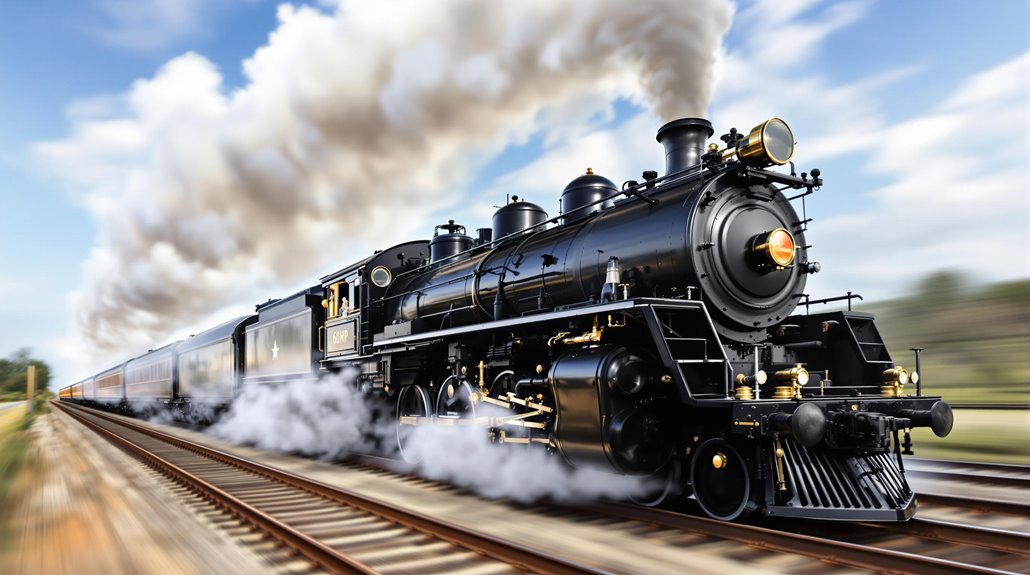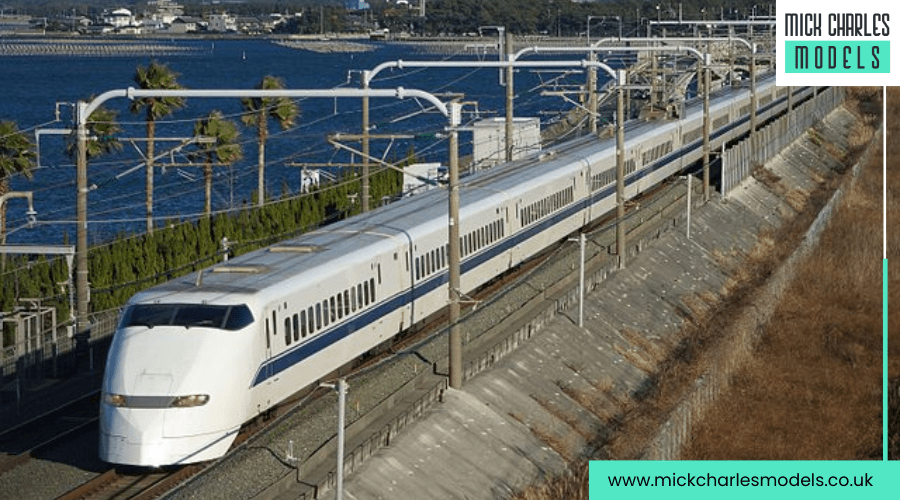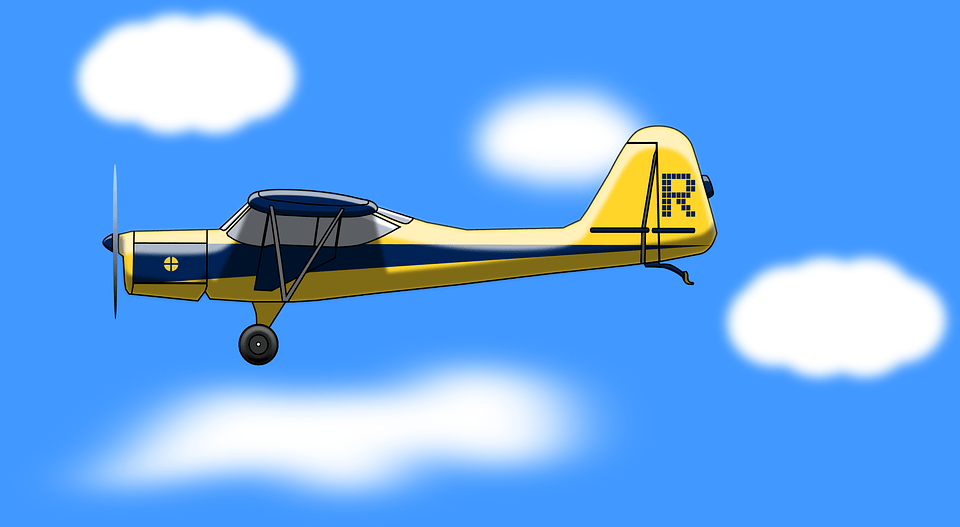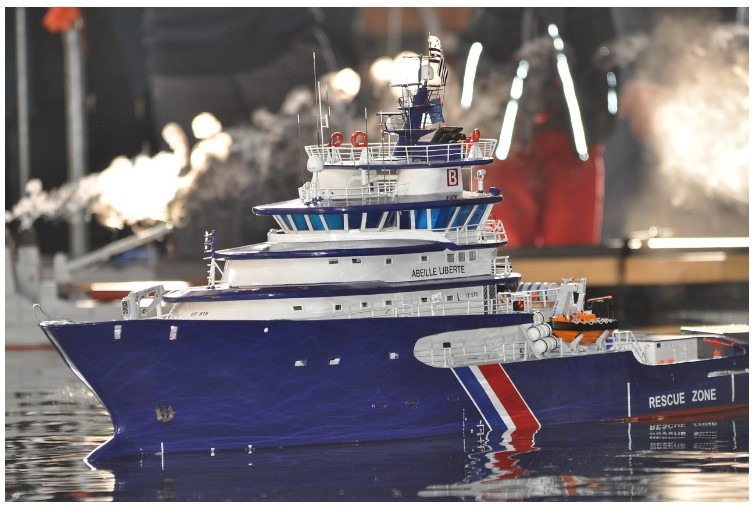How Fast Can RC Boats Go?
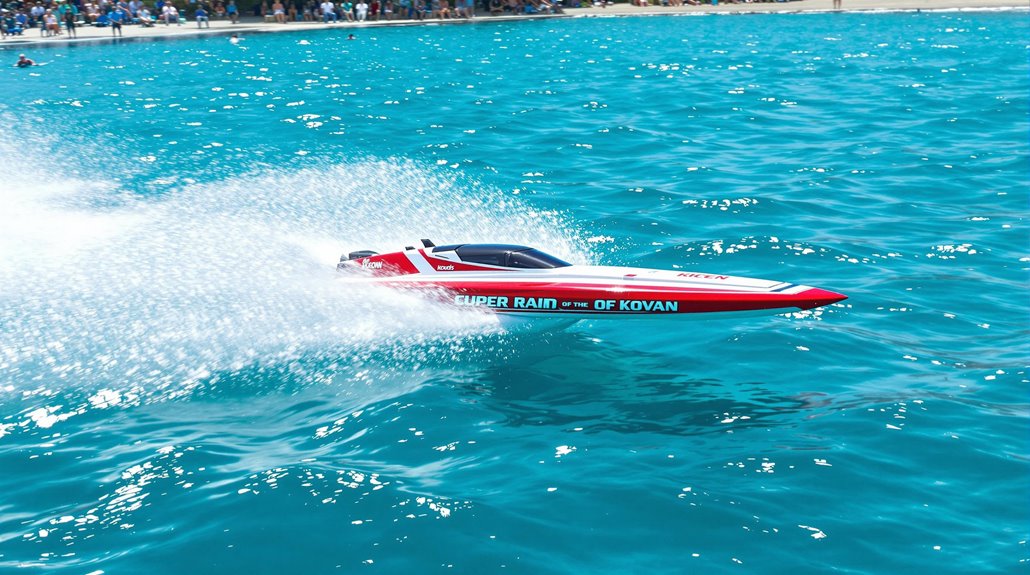
RC boats can really vary in speed, depending on the model you choose. Racing boats often exceed 55 mph, while the record-holding Hydro L8 can reach an incredible 206 mph. For beginners, general-purpose boats typically cruise at 10-25 mph, making them easier to handle. Factors like hull design, weight, and motor type significantly affect speed and performance. If you're looking to improve your boat's speed, consider upgrading to a brushless motor or high-capacity LiPo battery. There's plenty more to discover about the different models and tips to enhance your experience, so keep exploring your options!
Key Takeaways
- High-speed racing models like the Pro Boat Sonicwake 48 can exceed speeds of 55 mph.
- The Hydro L8 holds the record with an astonishing speed of 206 mph.
- General-purpose RC boats for beginners typically reach speeds of 10-25 mph.
- Speed is influenced by factors such as hull design, weight, and motor type.
- Environmental conditions like water conditions can significantly impact overall speed.
Overview of RC Boat Speeds
When it comes to RC boat speeds, you'll find a wide range of capabilities depending on the model. If you're into racing, you can expect some impressive numbers; for instance, models like the Pro Boat Sonicwake 48 and Pro Boat Impulse Deep-V can exceed speeds of 55 mph. However, the title of the fastest RC boats belongs to the Hydro L8, which has set a jaw-dropping record of 206 mph in Germany.
For beginners, general-purpose RC boats are a great starting point, typically reaching speeds between 10-25 mph. These boats are more manageable and suitable for learning the ropes without overwhelming you. Keep in mind that environmental factors, such as water conditions, play a crucial role in how fast your RC boat can go. If the water's choppy, it may slow you down.
The speed capabilities are also enhanced by high-performance motors, especially brushless types, and lightweight hull designs, which contribute significantly to overall performance. So, whether you're racing or just enjoying a leisurely day on the water, understanding RC boat speeds is essential for maximizing your experience.
Types of High-Speed RC Boats
High-speed RC boats come in various types, each designed to cater to different racing styles and preferences. Racing boats are the fastest type you'll encounter, often exceeding speeds of 60 mph due to their sleek, aerodynamic designs and high-performance motors. If you're seeking thrill and excitement, these fast RC boats are your best bet.
On the other hand, professional models like tugboats and lifeboats prioritize durability and functionality over speed, achieving lower velocities. Sailboats rely on wind for propulsion, making them generally slower and requiring technical skills to optimize performance.
For beginners, pool boats are a great starting point. They typically reach speeds between 10 to 25 mph, making them perfect for controlled environments. However, if you're after extreme performance, consider specialized designs like the Hydro L8, which astonishingly recorded a speed of 206 mph.
This showcases the incredible potential within the realm of high-speed RC boating. Whether you're racing against friends or striving for personal records, understanding the different types of fast RC boats can help you choose the right one for your high-speed adventures.
Factors Affecting Boat Speed
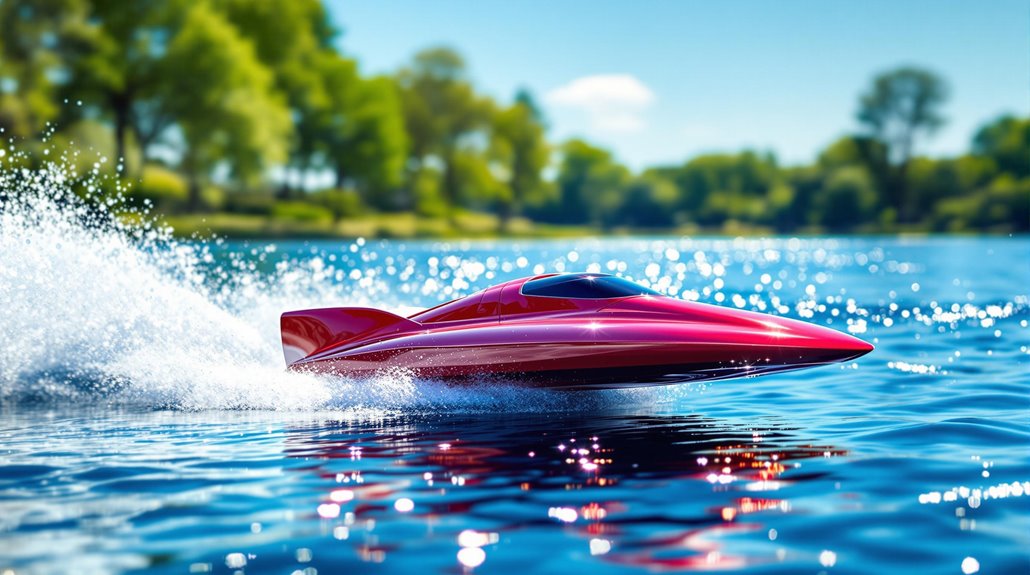
Several factors come into play when it comes to the speed of RC boats, impacting how fast you can go and how well your boat performs on the water. The hull size and shape are crucial; longer and narrower designs reduce water resistance, enabling faster movement. Additionally, the boat's weight plays a significant role. A lighter boat can accelerate more quickly but may sacrifice stability in choppy conditions.
The type of motor you choose also matters. Brushless motors generally offer superior speed and efficiency compared to brushed ones, allowing your boat to reach its top speeds. Don't overlook the importance of the battery, either. Using a high-capacity Lipo battery can dramatically enhance not only your boat's speed but also its endurance during operation.
Finally, environmental factors can't be ignored. Water conditions and obstacles can alter your RC boat's speed and handling capabilities, regardless of its specifications. By understanding these factors, you can optimize your setup for maximum performance on the water, ensuring your next RC boating experience is both thrilling and fast.
Choosing the Right RC Boat
Choosing the right RC boat can feel overwhelming, especially with so many options available, but understanding your specific needs can simplify the process. First, think about the purpose. Are you aiming for high-speed racing with a speed demon model, or do you want a leisurely ride on calm waters? This decision will guide your selection.
Next, consider the environment where you'll be operating your remote control boat. Open lakes may require different features compared to narrow channels or pools, so choose accordingly. If you're just starting out, opt for slower, more stable models like pool boats, which usually reach speeds of 10-25 mph.
Don't forget to evaluate advanced features! Look for RC toys with brushless motors and high-capacity lithium polymer batteries, as these significantly boost speed and performance. Similarly, RC buggies are designed for off-road use, featuring lightweight construction and large tires for traction, which could be useful if you're considering an RC vehicle for varied terrain.
Check user reviews and performance ratings before making a purchase. They can offer valuable insights on reliability and speed capabilities of various models. By taking these factors into account, you'll be better equipped to find the perfect RC boat that matches your style and needs.
Techniques to Boost Speed
Once you've selected the right RC boat, the next step is to explore techniques that can help you maximize its speed. One of the most effective upgrades is installing brushless motors. These motors outperform brushed ones by providing higher RPM and torque, resulting in faster acceleration. Pairing your motor with high-capacity lithium polymer (LiPo) batteries can further enhance performance. LiPo batteries deliver more power and have a higher discharge rate, giving your boat the thrust it needs to reach impressive speeds.
Additionally, focus on optimizing your hull design. Reducing drag is crucial, so smooth out any rough edges and consider adding hydrofoils for improved water performance. Regular maintenance is vital, too. Keep your propeller clean and ensure all components are in good condition to prevent performance issues.
Lastly, experiment with weight distribution; aiming for a 65/35 ratio towards the rear can significantly enhance stability and speed during high-performance runs. By implementing these techniques, you'll be well on your way to unlocking your RC boat's full speed potential.

